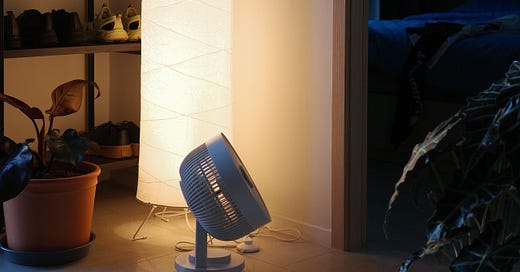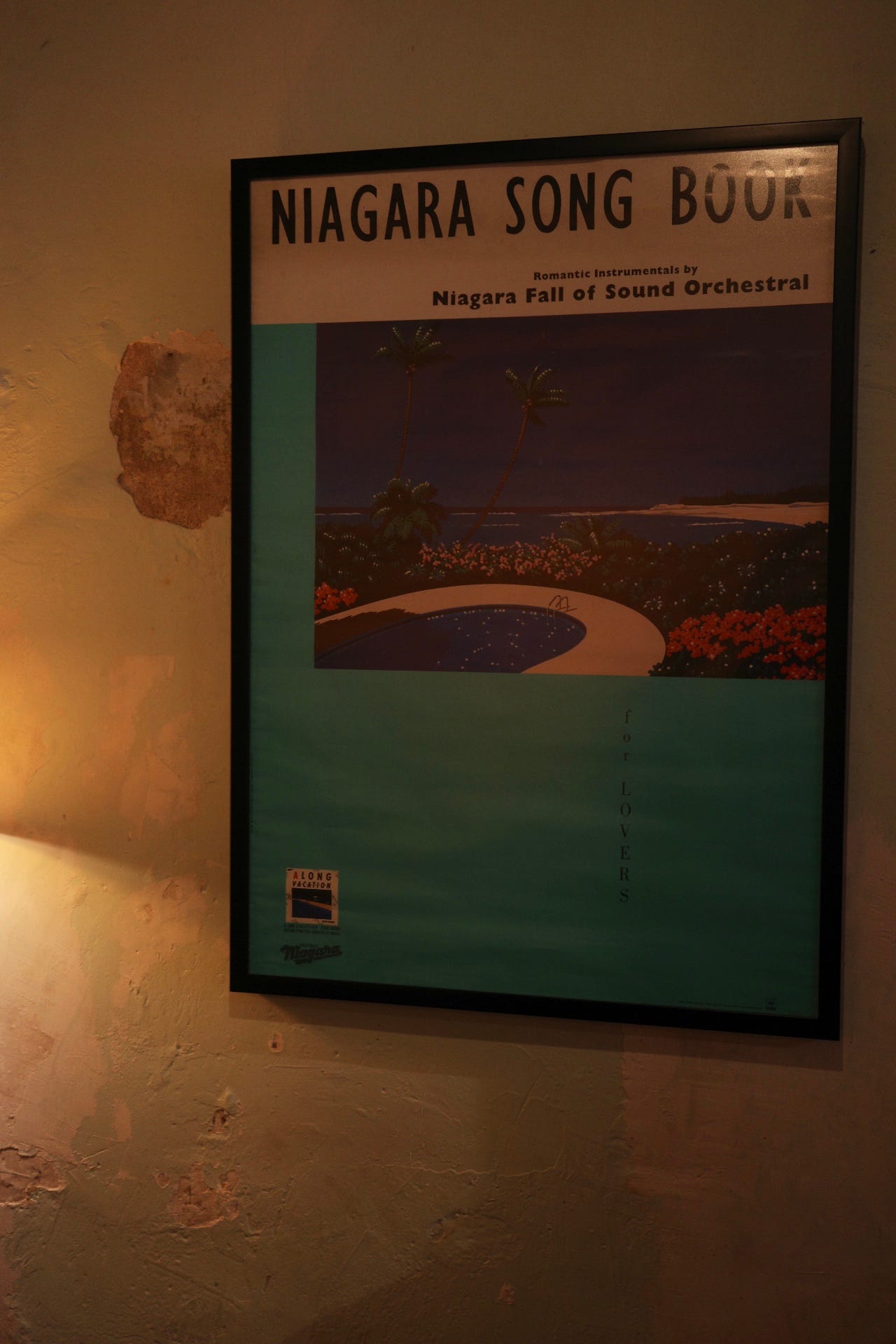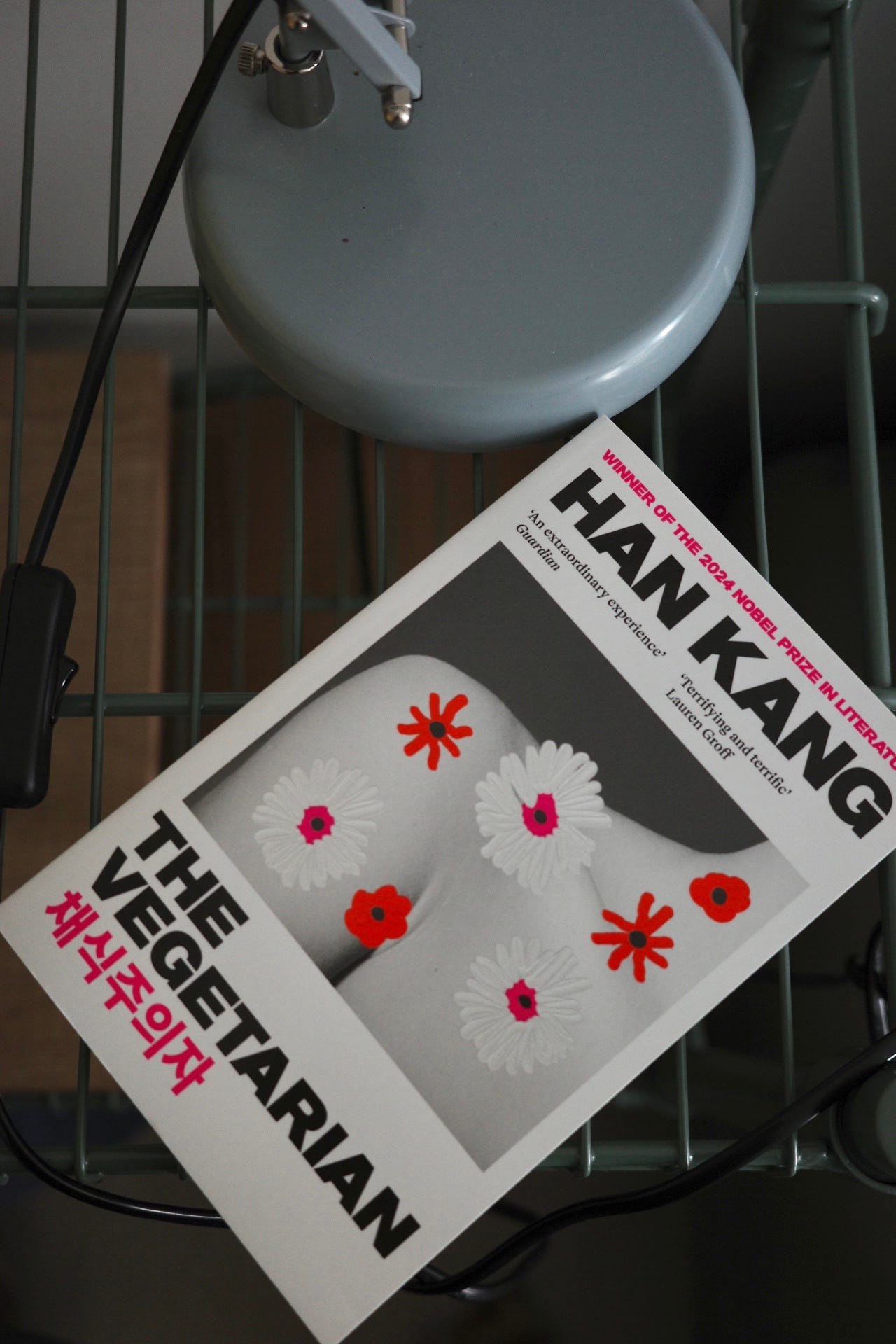The day we moved into our new apartment, I fell sick. I woke up in the morning with a very sore throat and a terrible headache. I bought a pack of Tylenol and Strepsils at a 7-Eleven and later a pack of antibiotics at a pharmacy, but none helped. Later, in the early afternoon, when we were settled in the apartment I lay down on the sofa, and didn’t get up again until it was dark. I was burning up. It was tonsillitis, what I always seem to get when in Thailand. Too many cold beverages, I remembered a friend used to say, or the constant transitions between hot temperatures and cold air-conditioned rooms. It was almost November. Norwich would’ve already been cold and Shanghai past mid-Autumn, but in Bangkok it was still summer, and always would be. Like experiencing jet lag, my body was confused.
I ended up going to the hospital that night, and again the next morning. I was seen by a doctor straight away, without an appointment or wait. An interpreter accompanied me the entire time. Acute tonsillitis was the doctor’s diagnosis. In the lobby resembling a five-star hotel, I picked up my medication. For each visit – a five-minute consultation and seven antibiotics tablets – the medical bill was rather significant, large enough for a one-way flight ticket to Shanghai. I felt lucky that I had purchased health insurance, something I had never had in China, nor had I gone to a private hospital. So this is what many Europeans and Americans – and now Chinese – come to Thailand to have.
There are many Europeans in my building, too. I often see them coming and leaving, or walking into the study room – a glass house by the lush garden – to get free coffee from the machine. Most of them appear to be Russian (are Russians ‘Europeans’?). Because of the war in Ukraine, there aren’t many countries in the world the Russians can go to, and Thailand is one place that does not care who you are. In the study room, where I'm often alone working towards a deadline, I sometimes see a Russian family of three. The father is a strong-built middle-aged man, his wife a red-haired woman with an irritated face, and their grown son a young man with buzzed hair. They sit in three different spots with coffee in paper cups before them but seldom speak to one another. The father and mother are always on the phone, sometimes him in the glass house and his wife on a chair outside of it, under the leaves of green tropical plants, seemingly discussing or trying to solve an urgent matter while their son watched and waited in a resigned manner. I have no idea what they talk about, but they make me think of the war.
Another couple, younger and perhaps Russian also, always drink coffee in takeaway cups in the morning on the seats facing the study room. They sit there for fifteen minutes, or twenty, and then go back to their apartment. She's always in white and he in black; she’s slender and elegant and he large-built and his face hidden behind his aviator sunglasses. Sometimes I have see them in the market, too.
I sometimes wonder what Thai people – particularly the girls working at the reception of the building – think of the people, myself included, who have come to Thailand to do just nothing.
Time passed us by. In November, a friend came to visit from Hong Kong, and in December, another friend came from China, and then another friend and her husband and son from Korea. I managed to finish something I was working on before the deadline. The end of the year is fast approaching. How come it’s summer still? Without seasons, there is an illusion of endlessness.
The friend who came to visit me from Korea brought me books by Han Kang. Has Han Kang thought her books would one day become a national gift?
I happened to have read The Vegetarian not long ago when I was recovering from my illness. I searched for libraries on Google Maps near me and found The Reading Room. Previously, I had found and visited the Neilson Hays Library, but was disappointed by its selection of books, despite its history and architecture. The Reading Room is a free library. You can read and borrow books – all for free. I read my first pages of The Vegetarian there and decided to borrow it.
It is probably Han’s best-known novel, and I had often seen it in prominent places in bookstores in the UK. But after reading it, I felt I didn’t know what to make of it. If a story in a more traditional form is like a figurative painting, The Vegetarian is like an abstract drawing – not a painting, for its lightness. Many things in the book are vague: what did she dream of? Why have her dreams driven her to such extremity? The parents and husband are a bit of caricature characters. And, I, as a reader, failed to understand from her point of view, just like her parents and husband and sister. But what’s interesting to me is the novel’s use of perspective: of the husband, the sister’s husband and the sister. Together they shape the narrative.







Coming from another land of endless summer, I remember vividly experiencing the seasons for the first time. I knew intellectually there were four distinct seasons, but when the body only knows two seasons - "green and wet" and "green and less wet" - feeling the four seasons for the first time was an experience. Moreso when my first taste was the depths of the English winter and one of the coldest in decades at that!
Sorry to hear your stay in Bangkok started off so shakily. I'd suggest checking the humidity in the apartment and consider investing in a dehumidifier. The unrelenting damp of Bangkok (and my homeland) and the artificial coolness of air conditioning can be hard on the lungs, even those acclimatised to this weather.